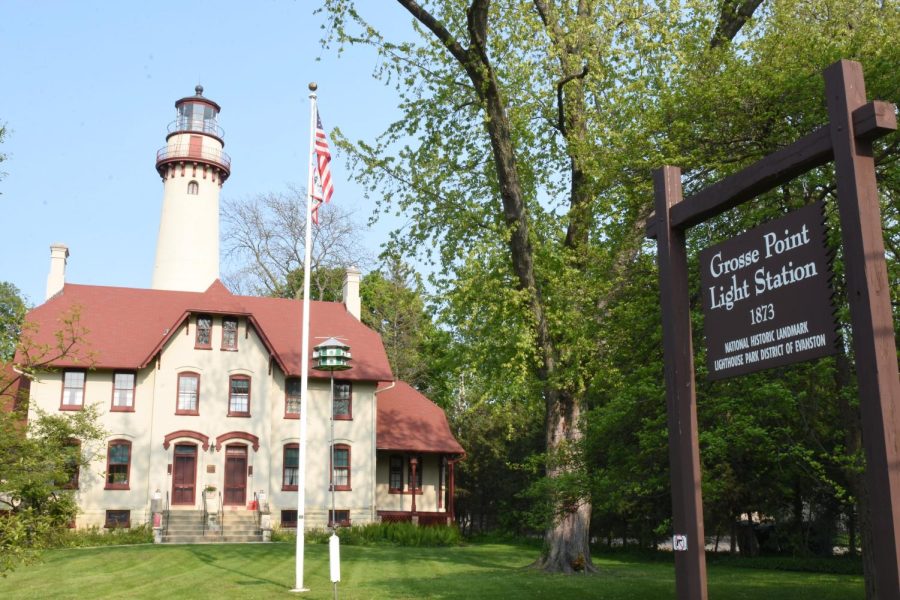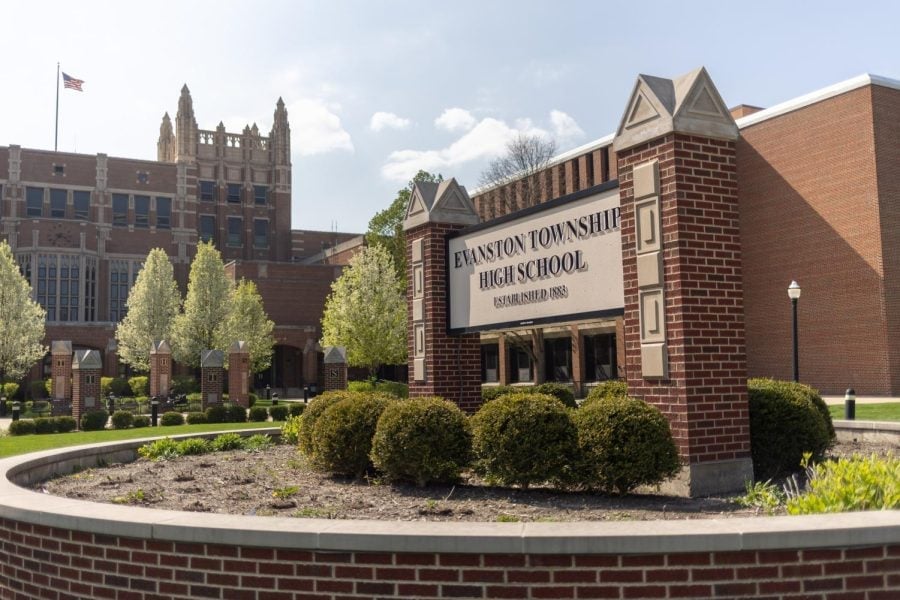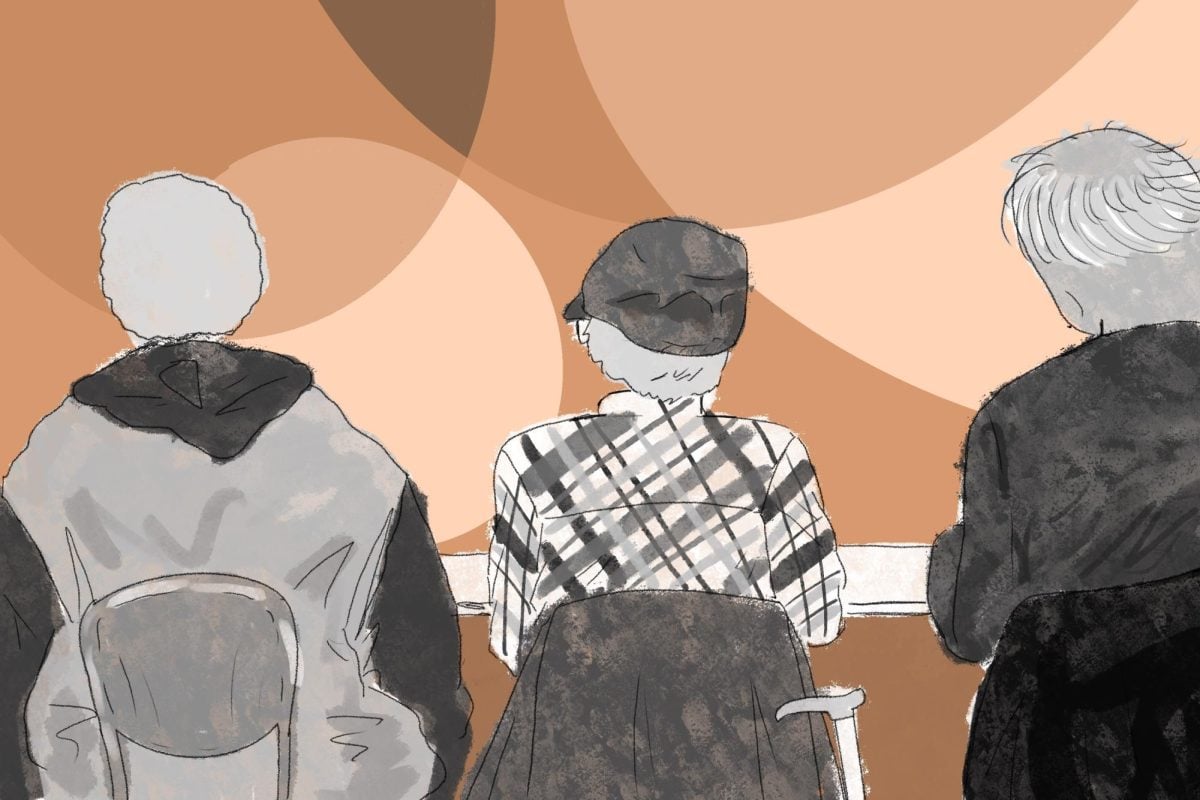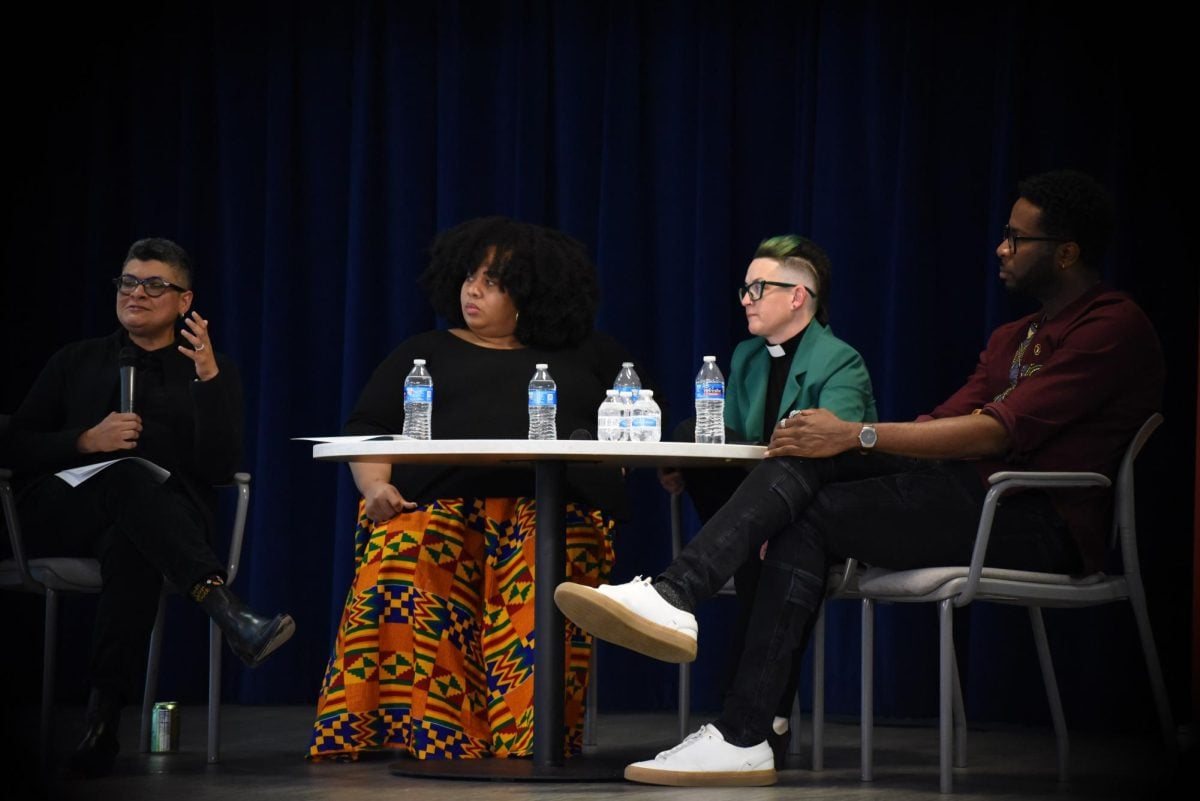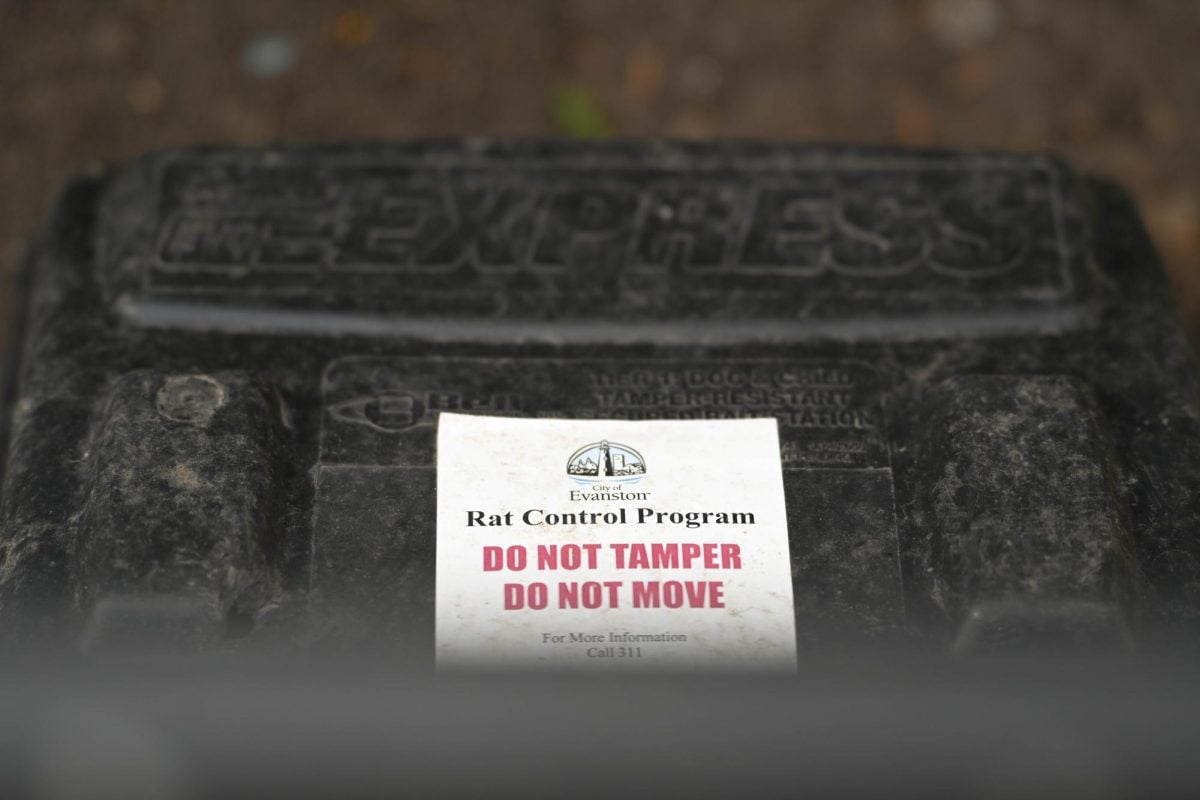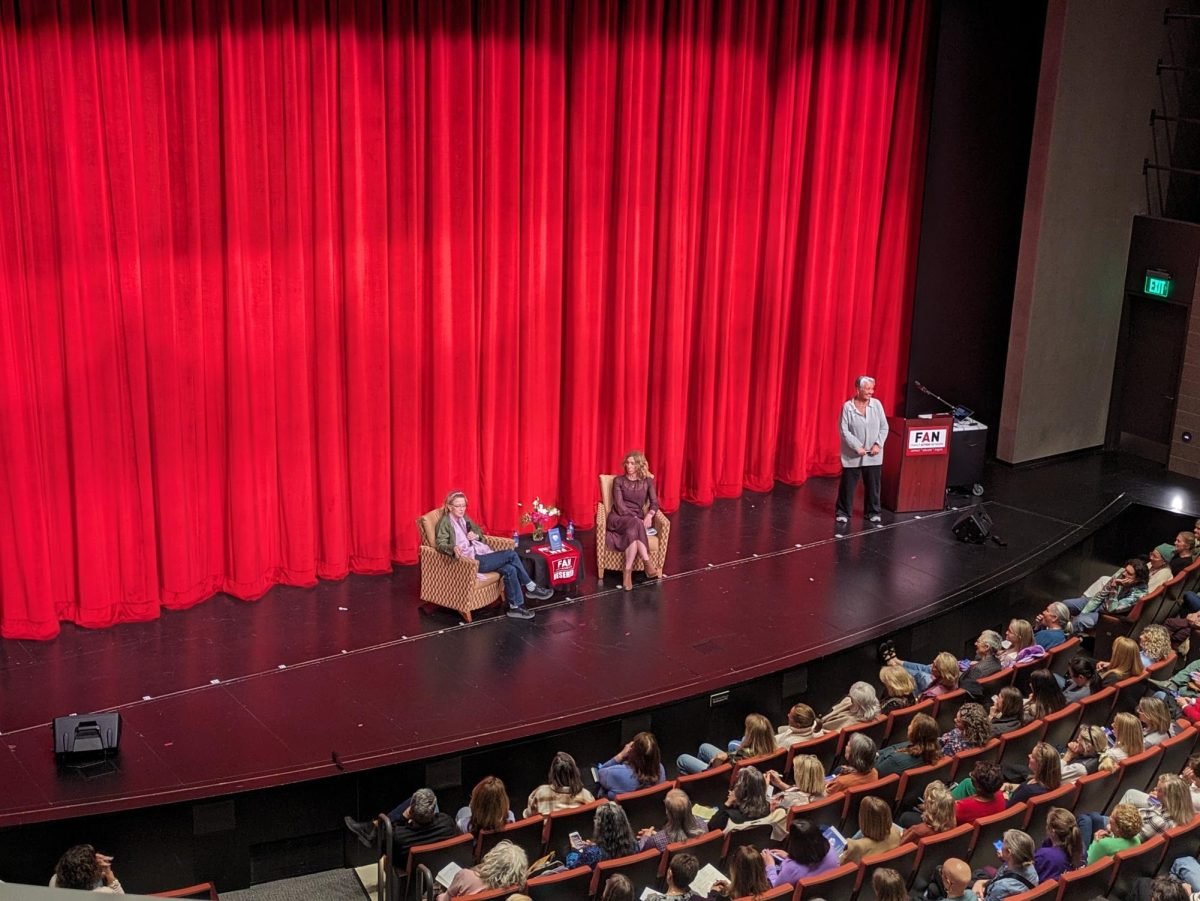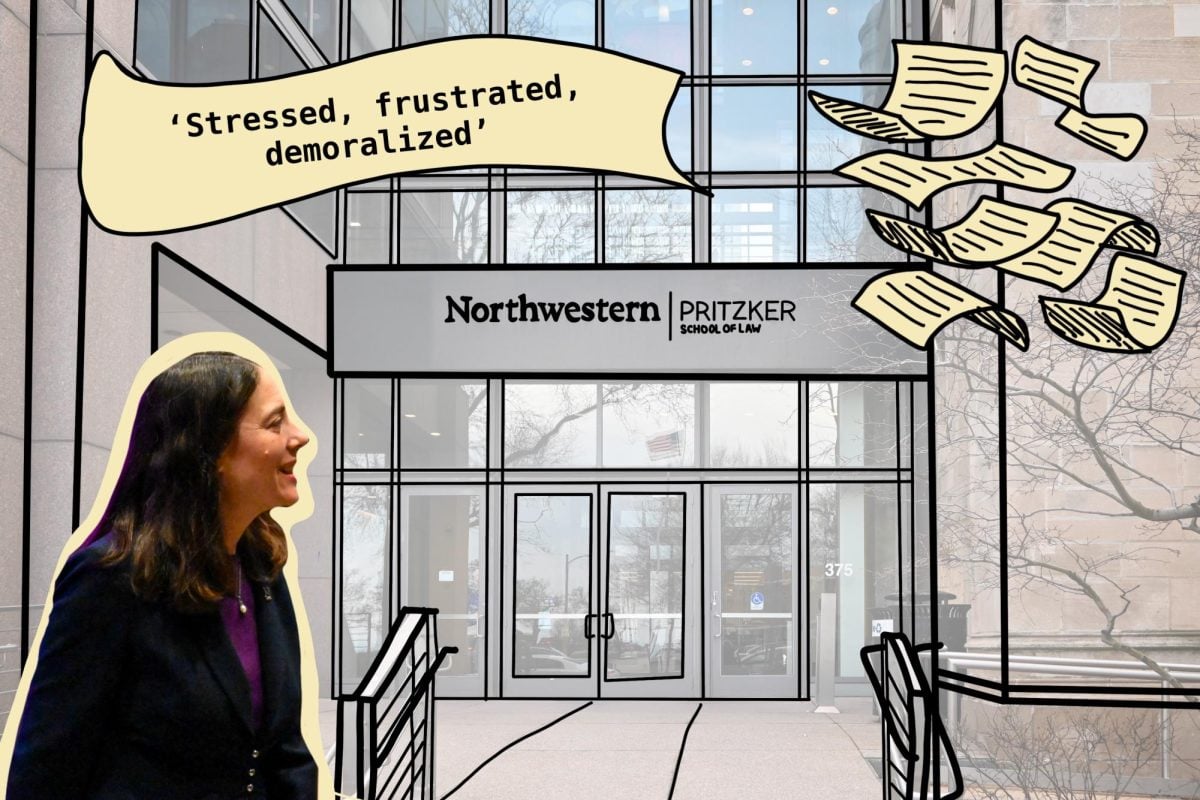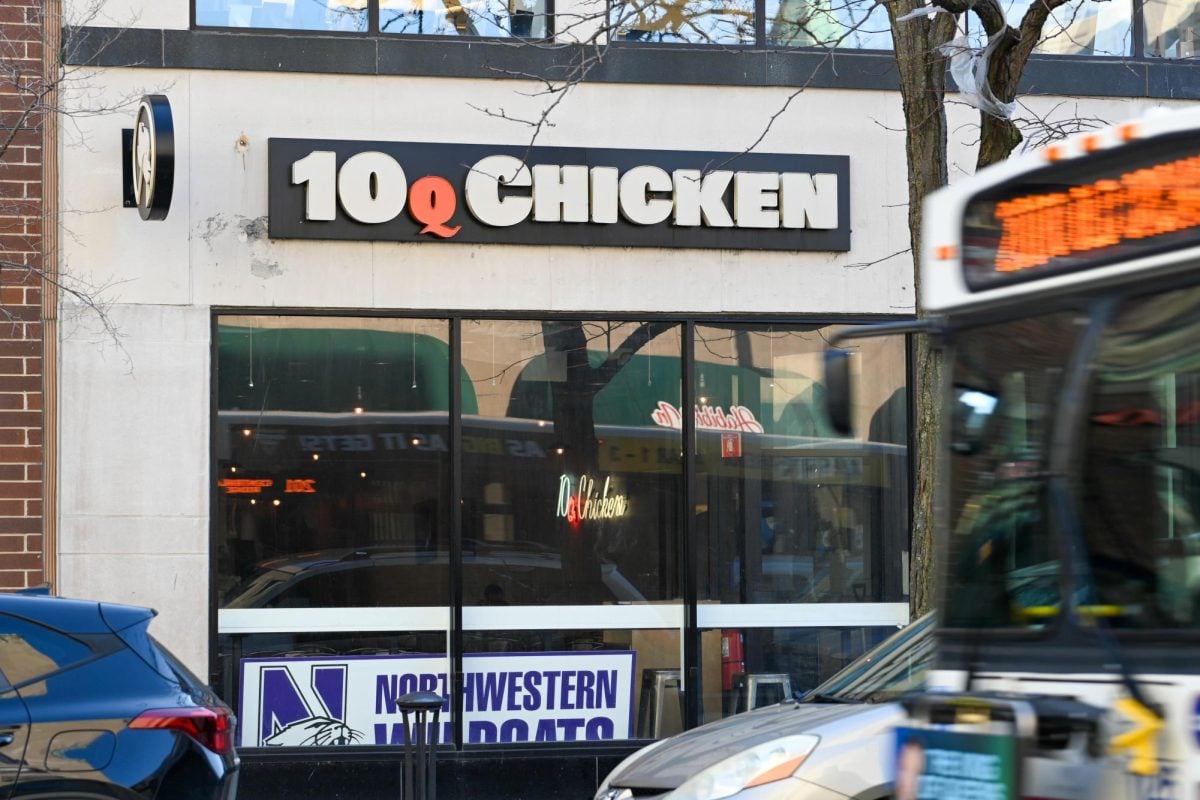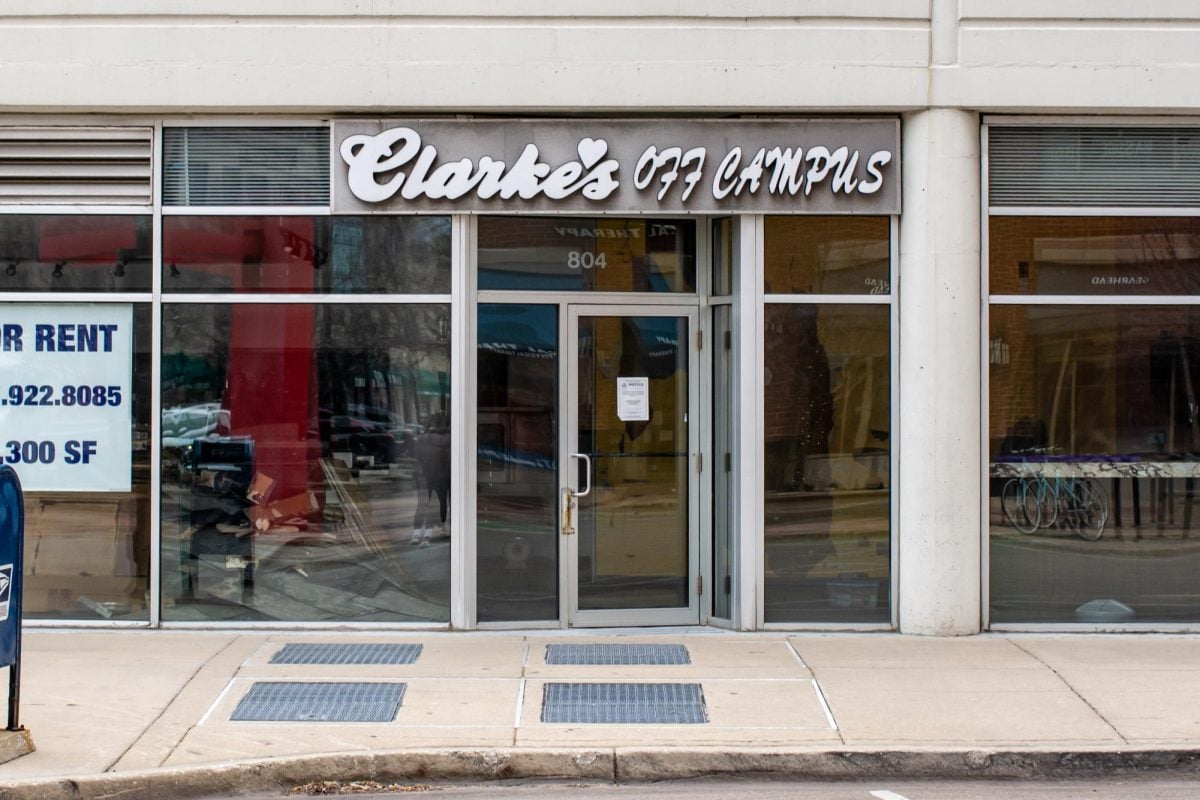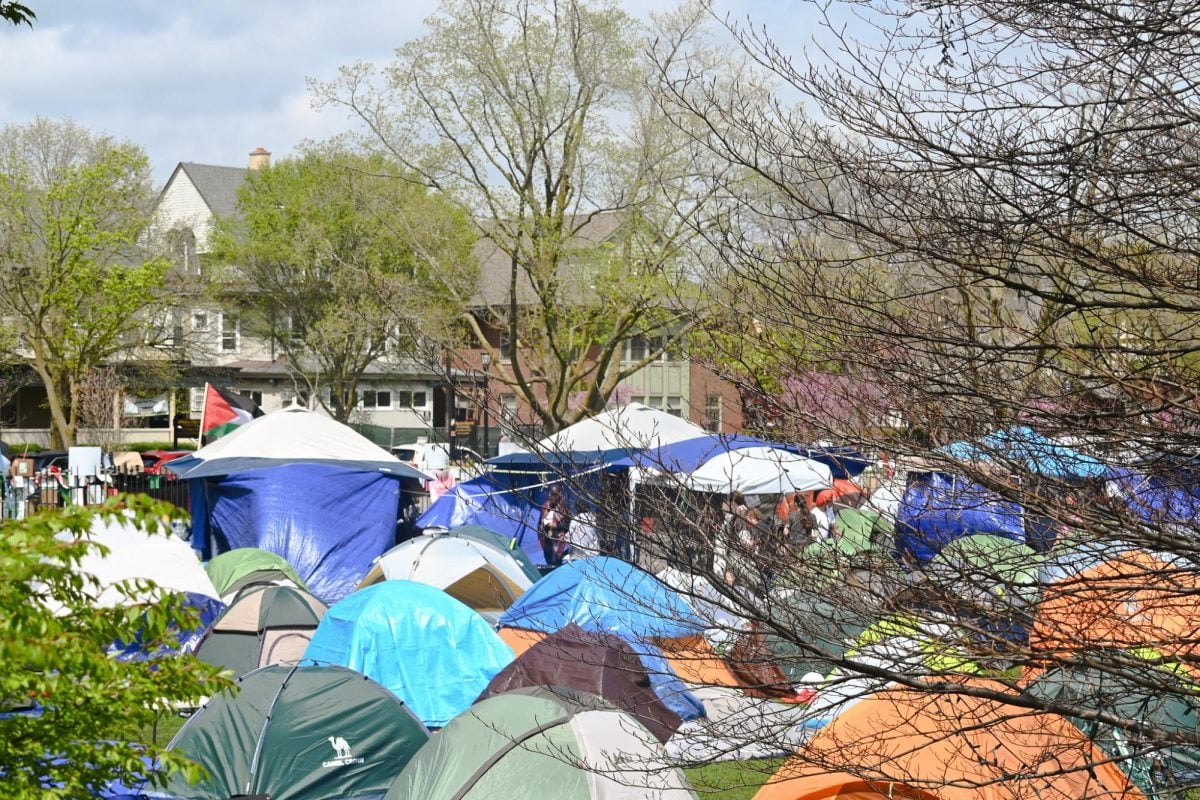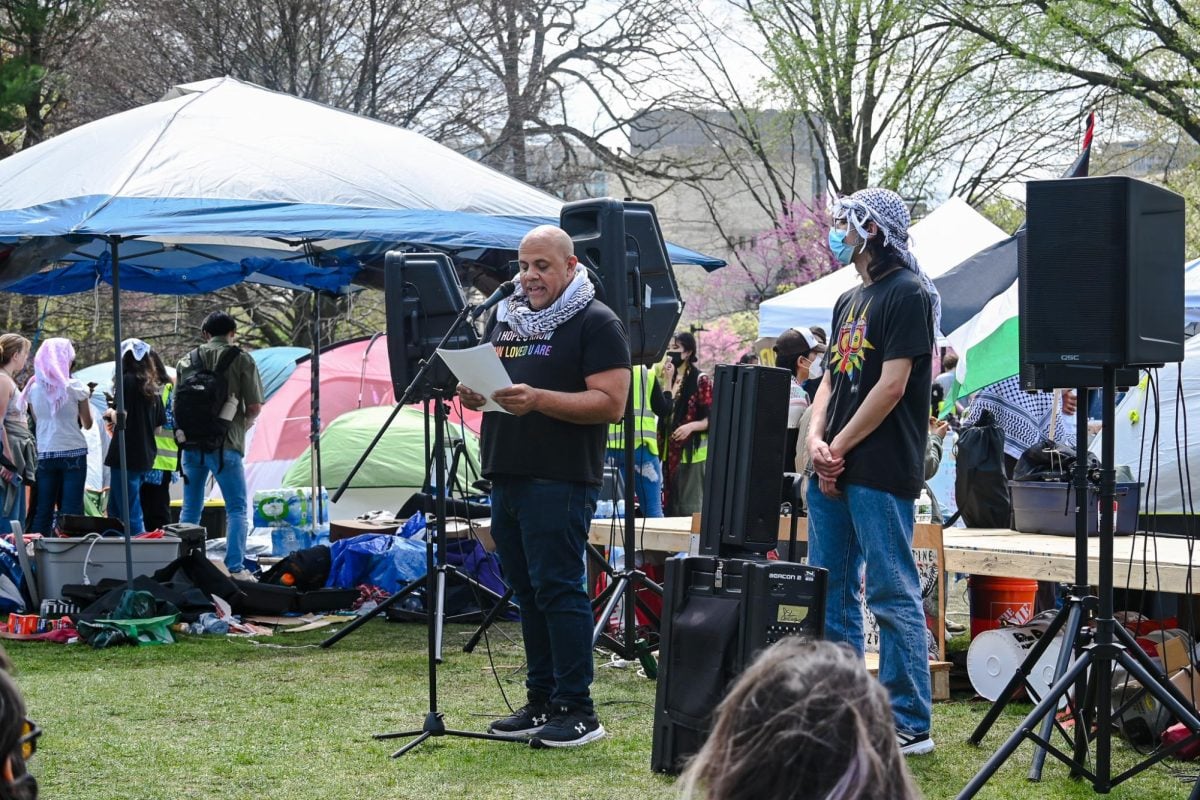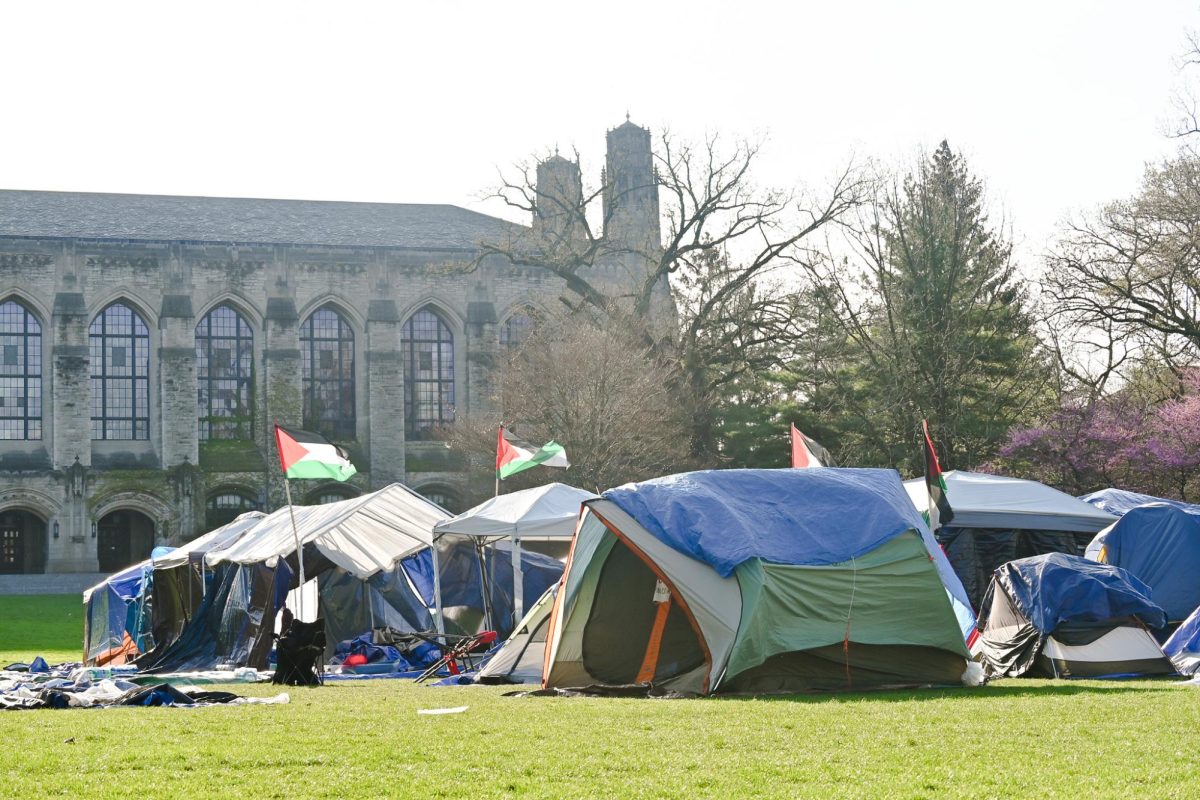Content warning: This story contains mentions of gun violence.
The past year in Evanston has been a busy one.
Evanston is more than just Northwestern’s lakeside campus. It’s a suburb that is home to 78,000 people and plenty of issues that make statewide and national headlines. Since the beginning of last academic year, the city has witnessed a heated battle over a new football stadium, an advancement in its historic reparations program and an effort to revamp a struggling downtown.
Here are five of the biggest stories Evanston has experienced in the past year, so you’re up to speed when move-in day comes:
Ryan Field rebuild heightens town-gown tensions
You’ll hear the phrase “town-gown” a lot in Evanston, referring to universities’ often complex and tense relationships with local government and community members.
Tension in Evanston over NU’s plan to rebuild Ryan Field is the most recent example of this phenomenon. In September 2022, Northwestern released designs for an $800 million stadium to replace its current football venue.
But pushback from stadium neighbors and other Evanston residents slowed the University’s plans. Despite the new design decreasing stadium capacity by 12,000, residents expressed concerns about noise pollution, traffic and parking. A main sticking point is NU’s proposal to hold 10 concerts per year and sell alcohol at the stadium.
NU, a non-profit institution that is exempt from Evanston property taxes, has responded by saying the construction project will create over 2,900 jobs and tax revenue from alcohol sales and concerts could benefit the city.
More recently, a hazing scandal in NU’s football program, which resulted in the ouster of its longtime head coach, has caused neighbors and faculty members to question the University’s investment in an expensive new athletic facility.
With the proposal tentatively set to go in front of city committees this fall, the future of the University’s plan for a gleaming new stadium remains murky.
Cash payments latest step in historic reparations program
Evanston is the first city in the nation to implement a reparations program aimed at repairing historic harm against Black residents. In 2021, the city launched the first step of the initiative: the Restorative Housing Program, which gave eligible Black residents a $25,000 payment to spend on housing.
After facing criticism for the program’s limited scope — recipients could only use the money on a down payment on a house, mortgage payments or home improvements — Evanston took a big step in March. City Council approved direct cash payments for all Restorative Housing Program recipients, another national first.
Community advocates celebrated the new cash option but continue to push for more funding. Only about 650 out of Evanston’s more than 12,000 Black residents applied for the Restorative Housing Program.
This year, the Reparations Committee will discuss three more reparations initiatives that focus on education and entrepreneurship, Ald. Krissie Harris (2nd) said.
Revitalizing a desolate downtown
Over the past year, Evanston has looked to revive its downtown by filling vacant storefronts and propping up high-rise developments.
Mayor Daniel Biss used to describe Evanston’s economy as a “three-legged stool,” held up by NU, Evanston residents and office workers downtown. With the pandemic causing an unprecedented shift to remote work, much of downtown Evanston’s office space remains empty.
Just as removing one leg from a stool creates instability, the absence of office workers has resulted in an unstable downtown economy.
The city considered two visions to help revamp downtown, ultimately voting to adopt recommendations for streetscaping and “placemaking” ventures. Recently, the city has looked to attract visitors from outside of Evanston to its downtown by reopening the AMC movie theater on Maple Avenue, with plans for a Sky Zone Trampoline Park on the same block.
Meanwhile, Evanston is turning toward mixed-use developments that combine housing, office space and commerce. Last fall, the city demolished a beloved Burger King that sat at the tip of NU’s campus to build a ten-story office building.
But some residents worry the proliferation of high-rises will make housing less affordable and are pushing for the city to ramp up affordable housing development. In July, City Council approved a 33-unit affordable housing development on Church Street.
Shooting devastates Evanston community, sends NU campus into lockdown
A shooting at Evanston’s Clark Street Beach left an 18-year-old dead and injured two 15-year-old boys on April 12.
Skokie resident Jacquis Irby, who was born and raised in Evanston, died. He is remembered for his commitment to his family and love of basketball.
The immediate response to the shooting raised questions about both NU and the Evanston Police Department’s emergency communications. EPD never employed its emergency alert system, communicating mainly through Twitter.
On campus, there was a 30-minute gap between when students and residents first heard gunshots and the University’s first communication. Clark Street Beach sits directly south of NU’s campus. The University issued a precautionary shelter-in-place order, and students barricaded themselves in classrooms, dorms and libraries for over an hour.
In April, EPD arrested 20-year-old Jalen Murray for allegedly firing the shots, charging him with one count of first-degree murder and two counts of attempted first-degree murder.
Evanston embraces ranked-choice voting
Evanston voters overwhelmingly chose to adopt a ranked choice-voting system in a ballot referendum last November. It became the first city in Illinois to embrace the system, which was most prominently used in the 2021 New York City mayoral race.
Advocates said the change will create fairer elections and less acrimonious campaigns.
The procedure will go into effect for the city’s spring 2025 mayoral, city clerk and City Council elections. In a ranked-choice voting system, voters rank candidates from highest to lowest preference, instead of voting for a single candidate. If a candidate wins 50% of the first-place votes, they win.
If no candidate secures a majority, the individual with the fewest votes is eliminated and their voters’ second-choice candidates receive their first-place votes. The process continues in rounds until one candidate achieves a majority.
Email: [email protected]
Twitter: @saullpink
Related Stories:
— Community advocates celebrate direct cash payment reparations option but push for more funding

